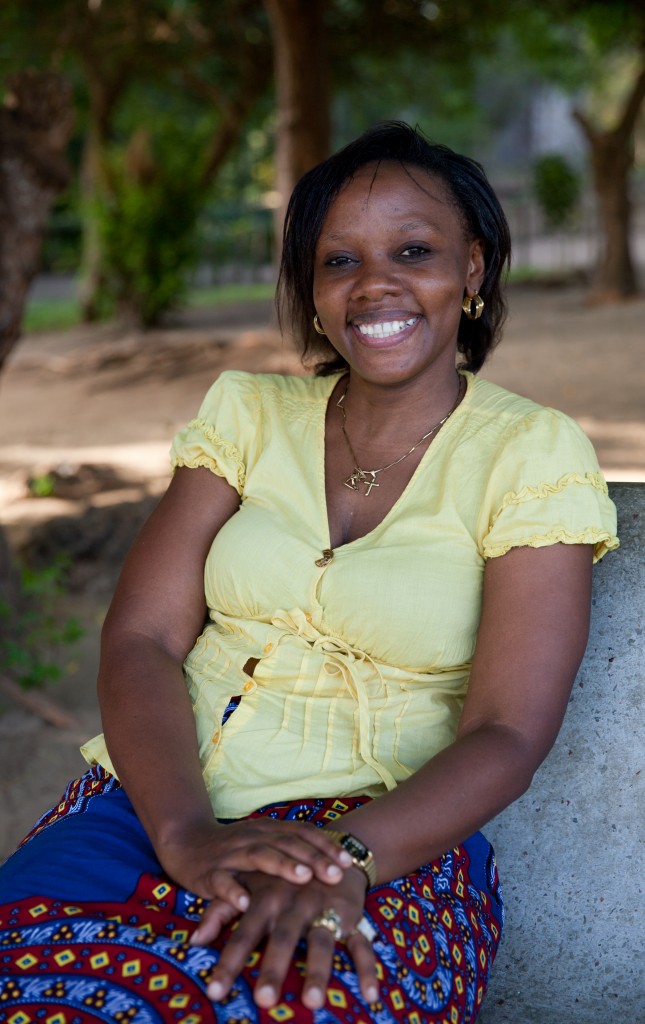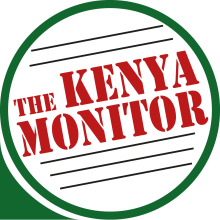
You Don’t Want To Mess With An Angry Mother – NPR
Kenyan Mother Wins Goldman Prize for Anti-Lead Protest After Her Own Breast Milk Made Baby Sick – Democracy Now
East African Erin Brockovich’ wins prize for closing polluting lead smelter – The Guardian
The mother who defied threats to take on the factory spewing out toxin – Independent Uk
In November 2012, after months in court Phyllis Omido was acquitted in a case that had too many “loopholes.” The prosecution could not prove the charges brought against her that included organizing an illegal protest, threatening to breach peace and incitement to violence. Phyllis had been wrongly arrested, detained and prosecuted in another case of judicial harassment of an activist.
The policeman that was brought as a witness for the prosecution admitted that Phyllis and her co-accused were not armed with any weapons, did not cause any harm to anyone and were not violent. The judge dismissed the case.
The arrests and charges were attempts to silence Phyllis Omido, she did not relent in her fight for justice for the dwellers of Owino Uhuru who were suffering from the effects of lead poisoning as a result of pollution by Metal Refineries Export Processing Zone (EPZ) Ltd.
Her journey into activism began when she started working at Metal Refineries EPZ Ltd as a public relations officer. A few months in, her baby started falling ill frequently. In the end, her son’s health deteriorated so much that he had to be admitted in hospital. Doctors were unable to tell the cause of his illness until someone suggested that it maybe lead poisoning. When the tests came back, her son had close to 20 times the acceptable levels of lead in his blood.
She hadn’t realised that her work place which was basically a lead smelter was poisoning her with lead and she was passing it to her son through her breast milk.
She decided to tell the people what was happening, she got the children at the slum tested and they all had incredibly high levels of lead in their blood. From there on, Phyllis vowed to go head on against her former employer in a quest to have the factory closed. In the end, her campaign “Toa Sauti” resulted in the closure of the factory, whose pollution resulted in the death of at least 3 former employees.
She lived through threats on her life, attempted kidnapping and an attempt to fix her using the justice system in her quest. She paid a great personal cost to ensure that the voiceless slum dwellers who were getting poisoned yet the government and other authorities were looking the other way. Her unwavering dedication can perhaps be summed up when she says,
“It doesn’t matter how much money you earn in life – if you don’t leave a clean, healthy, sustainable environment for your children, you have done nothing.”
Phyllis set up an NGO, Center for Justice Governance and Environmental Action (CJGEA) which works to ensure environmental human rights of the economically marginalized communities. CJGEA works to ensure that voiceless communities do not suffer injustice at the hands of greedy individuals and corporations.
Her work has finally gotten her the global recognition with the Goldman Environmental Prize – Africa 2015. The Goldman prize honours grassroots environmental heroes from all the inhabited continents for sustained and significant efforts to enhance the natural environment often at great personal risk. The prize was established by Richard and Rhoda Goldman in 1989 and the first prize ceremony held in April 16, 1990. Her prize comes with $175, 000 to enable her pursue her vision.
Her job is just beginning, the soil, plants and water around Owino Uhuru slums are poisoned by the lead and continue to affect the health of the slum dwellers. The vegetables they consume are loaded with lead. It will need sustained cleanup effort and follow up.
She’s not yet done with Metal Refineries and those that allowed the injustice to happen. She wants them held to account for the miscarriages, infant death, sickness and other related effects that the community at Owino Uhuru suffered.
“Don’t be afraid. Do what is right. This thing happened because too many people were quiet. We really have to stand up and do what is right, especially for the environment. It concerns all of us,” – Phyllis Omido.

